Imam Khomeini’s fight against colonialism centered around Palestine: Academic
By Mehdi Moosvi
Imam Khomeini was a combination of a “rare and remarkable individual” who combined a “deep insight into human conditions” with “larger ideas about how to organize society”, says an analyst.
Ali Khan Mahmudabad, the head of the political science department at Ashoka University, India, in an interview with the Press TV website, said the founder of the Islamic Revolution had deep insight into human conditions, reflected from his “early writings, poetry, and mysticism” as well as ideas about “organizing society” and “critiquing existing and prevailing economic and political systems”.
Mahmudabad, who is also a trustee of Madrassatul Waizeen in the northern Indian city of Lucknow, said he derives inspiration from Imam Khomeini’s Hukumat e Islami (Islamic Government) text, which originated out of a series of lectures Imam delivered in Najaf (Iraq) between Jan. 21 and Feb. 8, 1970.
“People generally see it (Islamic Government) as an Islamic text or a Muslim text, but for me what is very important is the manner in which it identifies the social, economic, cultural ills of the modern world and its clear anti-imperialist, anti-colonial thinking,” he told the Press TV website.
“If you read a text like Hukumat e Islami, it is not just his fluency and proficiency in Islamic sciences, but he was clearly also a deep thinker as far as communism, capitalism, imperialism, and the systems that these generate were concerned.”
Sunday marks the 34th anniversary of the passing of Imam Khomeini, who led the popular movement against the West-backed Pahlavi dictatorship in Iran that culminated in the establishment of the Islamic Republic.
Throughout his life, the Indian historian and political scientist noted, Imam “never kept politics separated from religion”, and highlighted the significance of Islamic jurisprudence in his struggle against the unpopular regime of Shah.
On the other hand, his reflections on feelings and family relationships, as well as his criticism of the usefulness of Sufi and Dervish philosophy and professions, were among the topics related to society in his poetry, he hastened to add.
Imam Khomeini’s fight against colonialism, Mahmudabad stressed, had “always centered around the Palestinian issue”, as he always prioritized it.
Once at the Faizieh Seminary in the holy city of Qom, on the day of Ashura, Imam Khomeini in one of his sermons, while attacking the West-backed Pahlavi regime, asserted that one of the basic foundations of his revolutionary movement was the fight against the Israeli regime.
“As far as the Palestine-Israel situation is concerned, it is not a war between Muslims and Jews, which is how it is popularly portrayed, but of course what is happening is white settler colonialism,” Mahmudabad said, terming the regime as “a new form of the old form of colonialism”.
He referred to Imam’s passionate appeals to Islamic governments worldwide to maintain and uphold unity and join hands against the usurper Israeli regime.
“Iran has been at the forefront to represent and to give voice to the struggle of Palestinians, and therefore it has played a very important role globally in highlighting this issue and in insisting on speaking about the unity of the Ummah,” the historian said.
“This is a very important dimension of Ayatollah Khomeini’s work in which he seeks to get people to overcome sectarian divisions and unite, instead of getting lost in arguments, debates, and fights that are within the family as it were, and to focus on those who take advantage of these schisms.”
The late Martyr Murtada Mutahhari, while describing ‘Ruhullah’ (the spirit of God and Imam’s first name), once said that Imam Khomeini was the extract and digest of “faith”.
“Faith is something that was deeply significant to Ayatollah Khomeini, and the manner in which he foresaw the world and the place of struggle in that world, but of course, it is also his clarity of thinking,” Mahmudabad stated.
Although Imam was identified as a revered revolutionary figure, his life was an amalgamation of the significant activities and theories in the field of mysticism and religious sciences, which were derived from the Quran and Sunnah.
Imam Khomeini’s passing in 1989 was marked with a 40-day state mourning across Iran, a ten-day mourning in Pakistan, and a three-day mourning in India, Afghanistan, along with several other countries, to pay respect to the visionary and revolutionary leader.
Even today, ceremonies are held across the world on June 3 and 4 to pay tribute to Imam Khomeini.
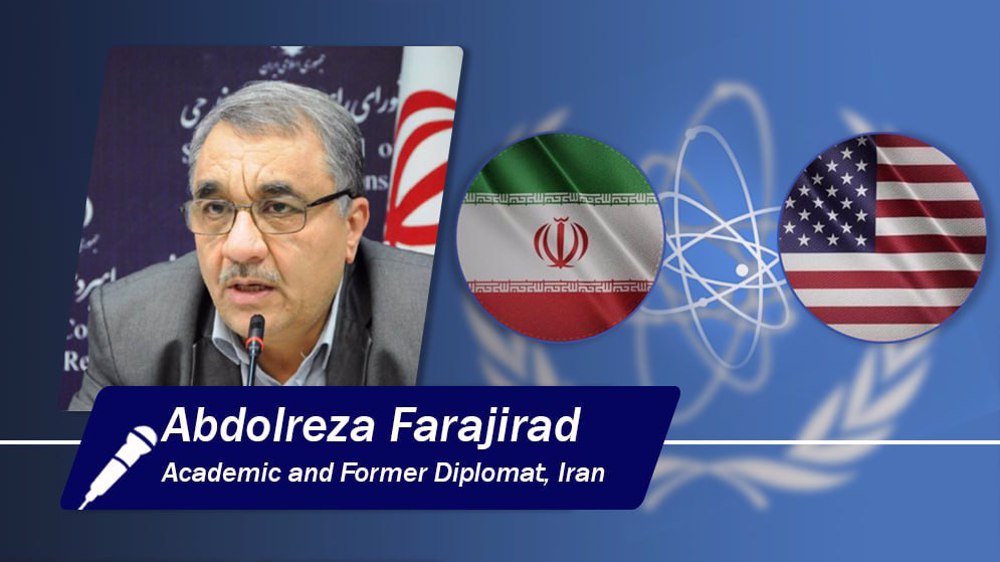
There is good chance that US and Iran can reach an agreement: Veteran diplomat

IRGC a thorn in the side of enemies; no power dares to threaten Iran: Analyst
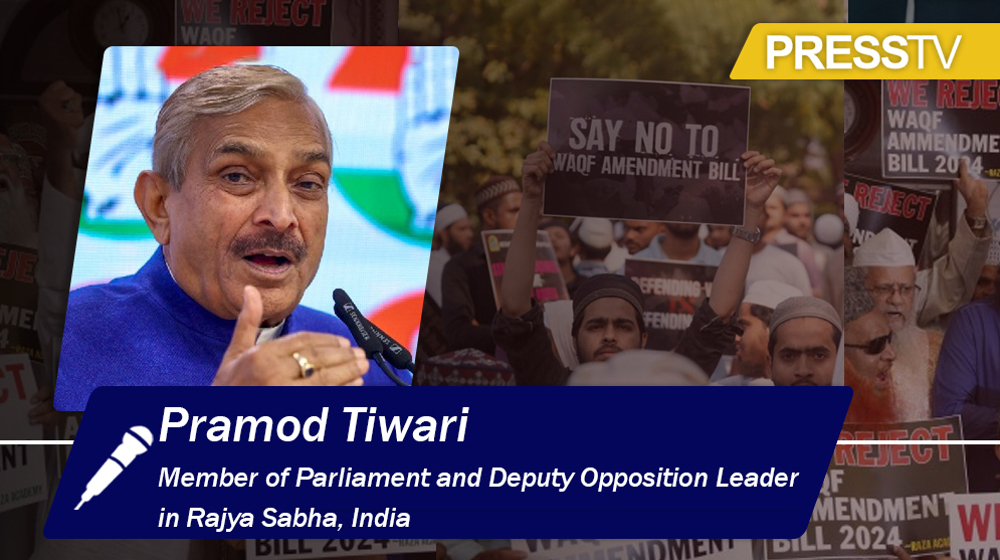
Waqf Bill not just an attack on Indian Muslims but on India’s constitutional fabric: MP
UAE deploys radar in Somalia to monitor Yemen’s anti-Israel strikes
Iran summons Dutch envoy over 'baseless' accusations against Tehran
VIDEO | Press TV's news headlines
India, Pakistan exchange fire as UN calls for 'maximum restraint'
Iran condemns Israeli attacks on Gaza tents as 'clear proof of war crime'
Syria’s HTS seeks normalization with Israel, Jolani writes to Trump
Iranian FM Araghchi heads to Muscat for indirect talks with US
Trump Ukraine mediation muddle


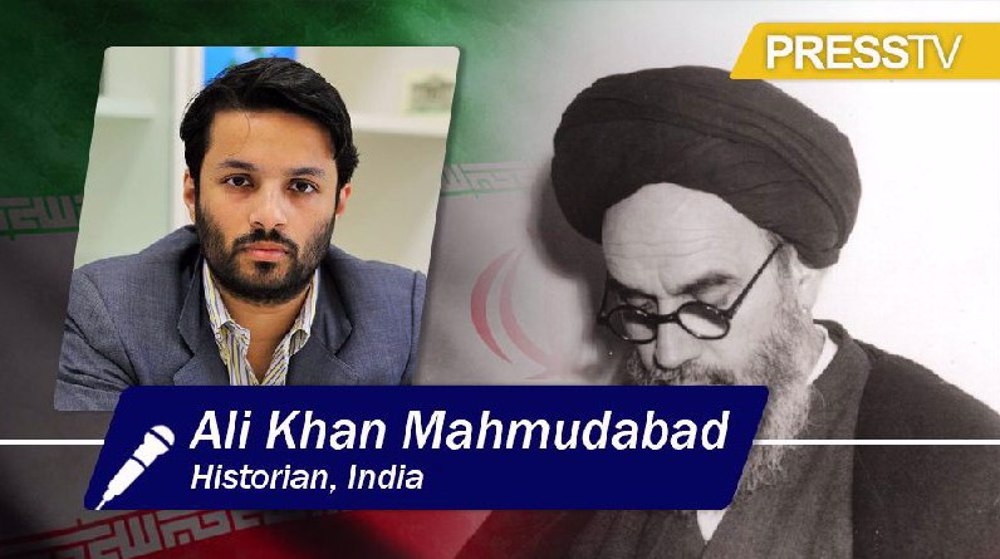



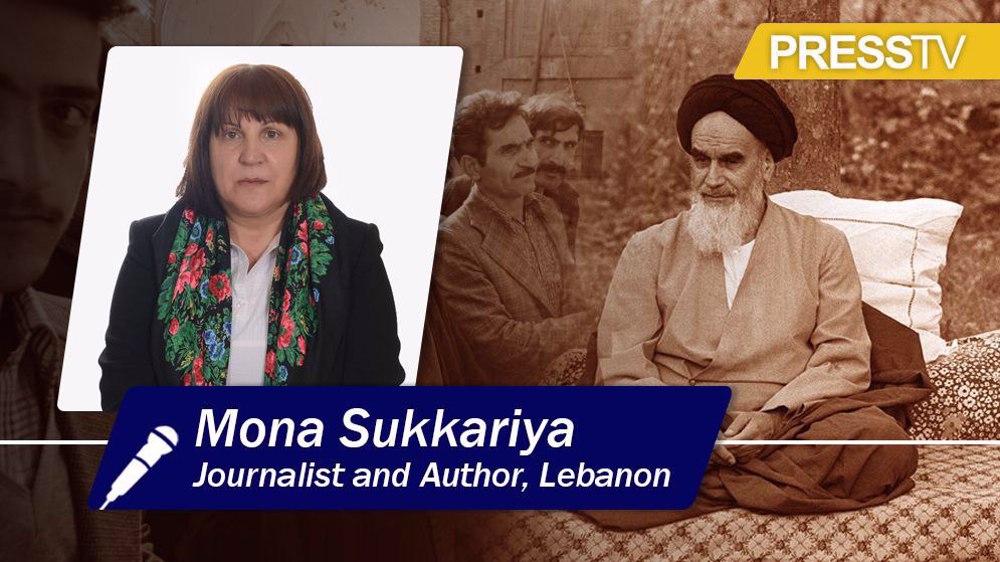
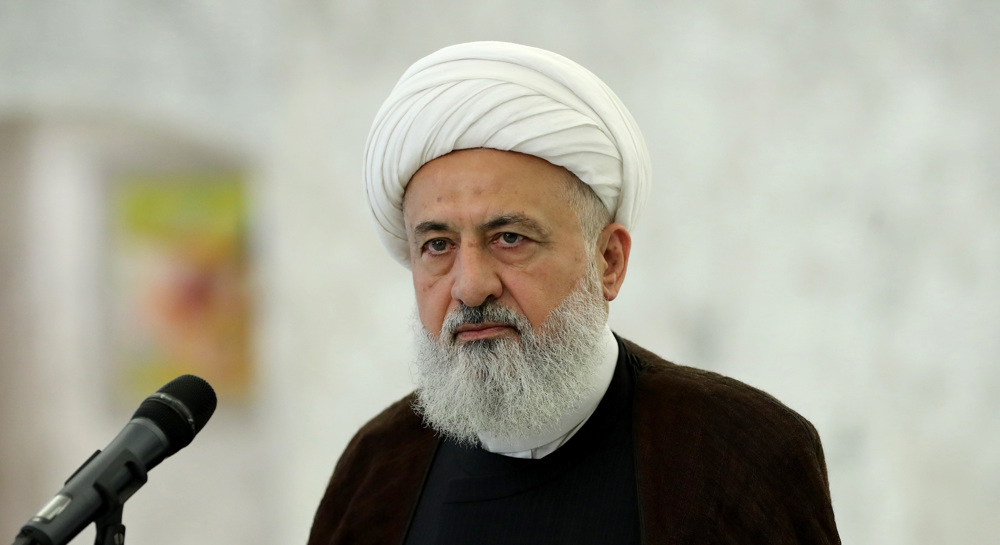
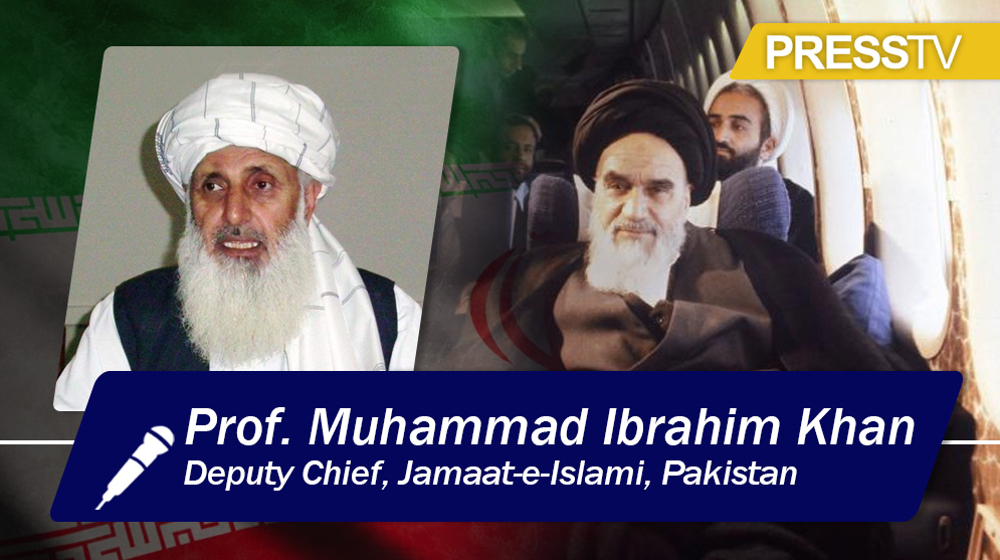
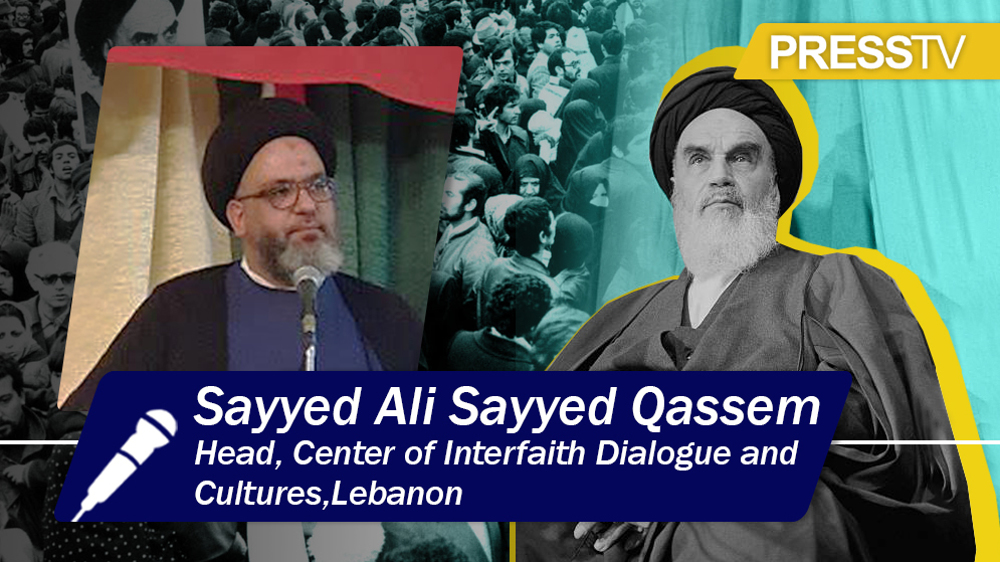
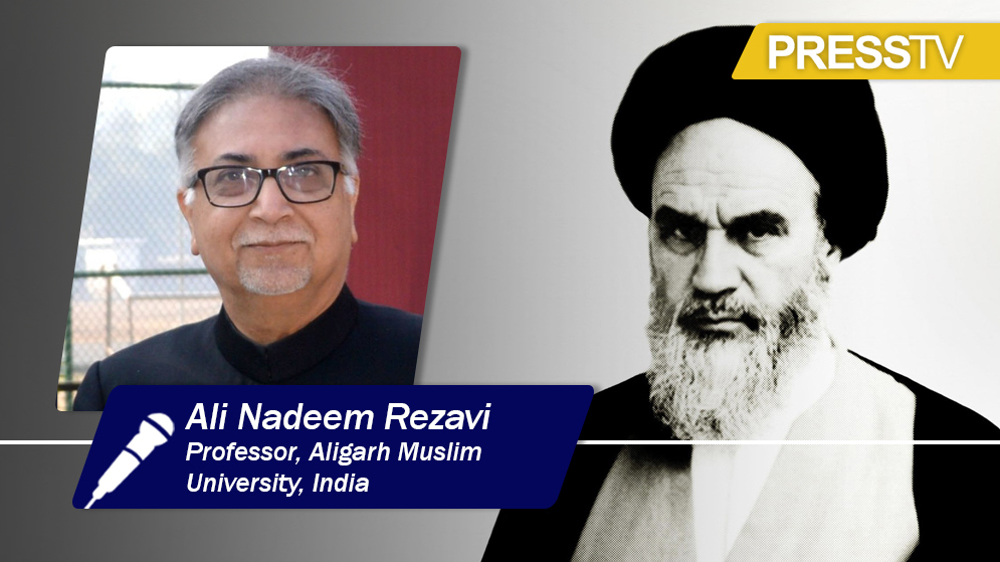
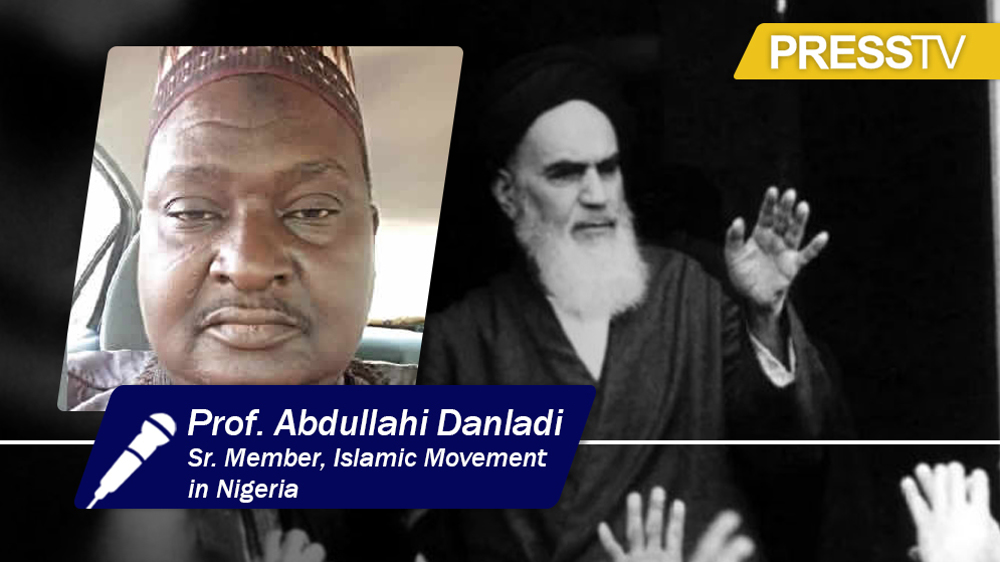
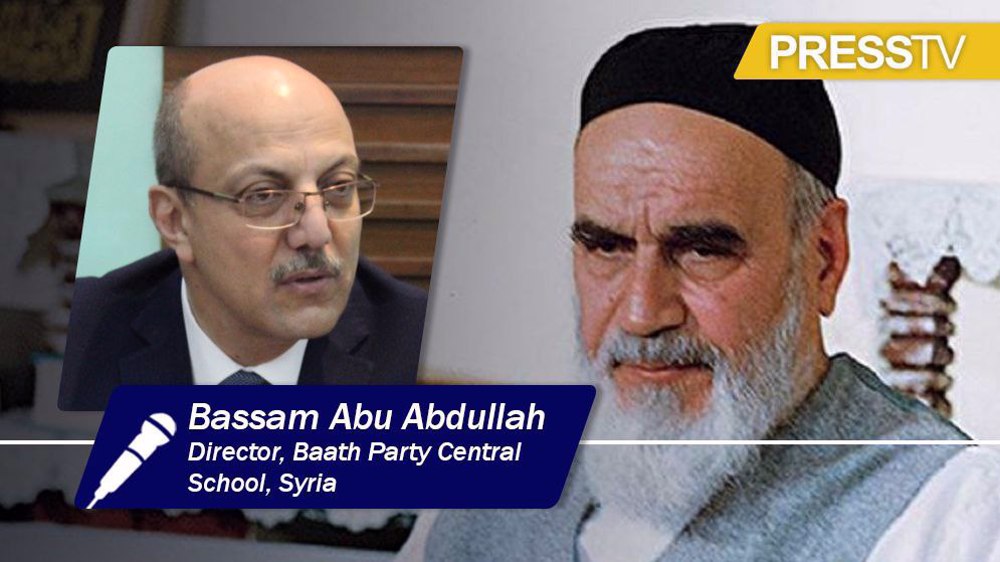


 This makes it easy to access the Press TV website
This makes it easy to access the Press TV website